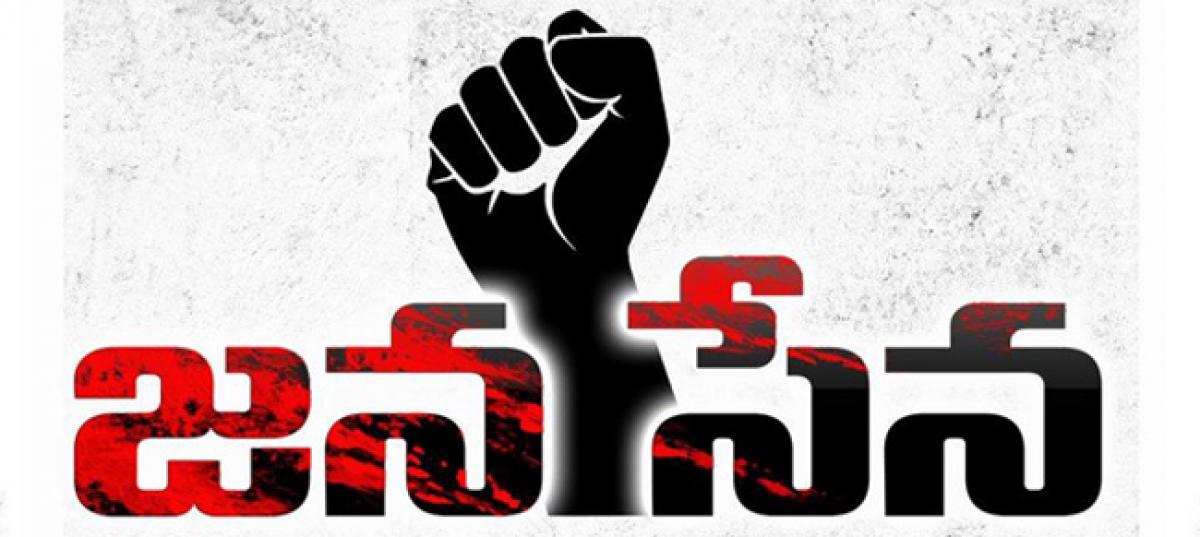Live
- Shah’s Ambedkar remark AAP stages protest across Delhi
- ‘Bhadradri Millet Magic’ works wonders for tribal women
- Rachakonda CP Sudheer Babu Extends Financial Assistance to Families of Deceased Police Officers
- 3.2 lakh fake pensioners identified so far says Ayyanna Patrudu
- ‘Band of Maharajas’ actress Alankrita Sahai calls 2024 year of perseverance and hard work
- Kharge complains of aggravation of knee injury
- Sansad turns Akhada: BJP: Shameful; Cong: Foul play
- BJP seeks Centre’s support to achieve Swarnandhra
- Devoleena Bhattacharjee announces birth of baby boy
- MyVoice: Views of our readers 20th December 2024









